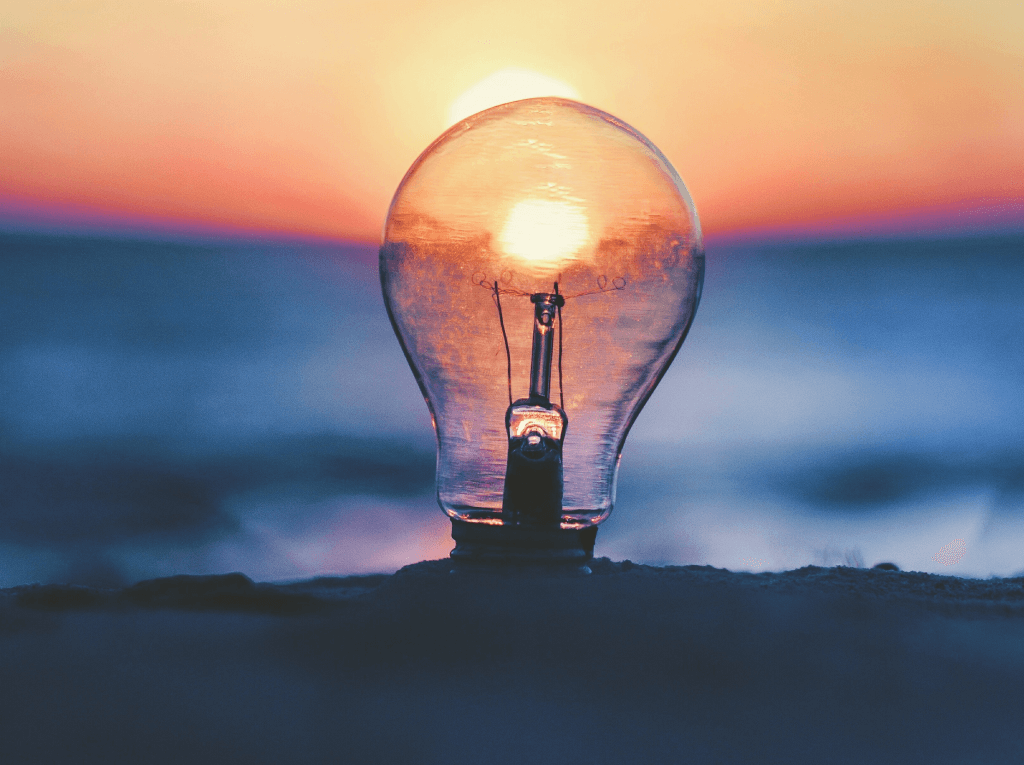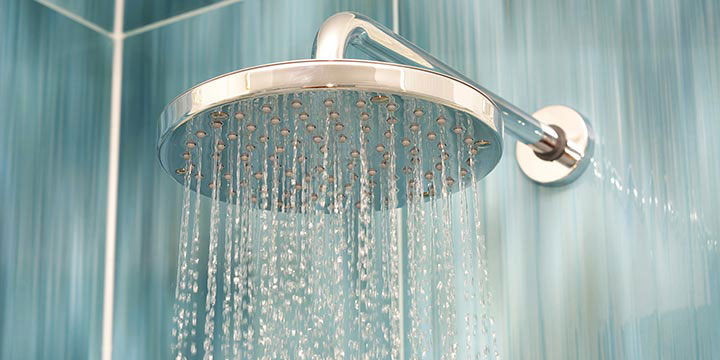Running a vacation rental is a great form of income, but much like running a business, there are expenses. With each guest you must pay for an Airbnb cleaning service to clean the home after their stay, as well as the energy and utility bills. But just because these expenses come with the territory of vacation rentals, doesn’t mean there isn’t anything you can do about lowering these expenses.
Here are 7 tips for lowering your energy and utility bill.

LEDs
Replacing incandescent light bulbs is a cheap and effective way to save electricity use and money. A great alternative to incandescent light bulbs includes halogen bulbs, compact fluorescent lamps (CFLs) and light-emitting diodes (LEDs). Saveonenergy suggests using energy-efficient lighting especially for fixtures that are used often as one of their 13 Tips for Apartment Renters to Save Energy.
Nest
According to Nest’s savings calculator, their customers save an average of 15% on air conditioning and 10-12% on heating which results in about $131 – $145 saved annually. Through Nest, you set your heating and cooling options to your desired indoor temperature. The thermostat switches systems on and off based on the temperature it detects in the room. Guests are welcome to change the temperature around, but setting it at a comfortable temperature initially may not cause guests to change it.
Energy Star Appliances
There are many appliances that save both energy and money that may require a hefty initial investment but pay off in the long run. If you are in the market for new appliances, consider purchasing products from Energy Star or similar products that are energy efficient. Energy Star appliances use 10-50% less energy, saving money in the long run while reducing greenhouse emissions.
Change the Air Filters
A simple yet effective way to reduce your energy bill is by changing out your air filters at least every 6 months. Changing your air filters regularly both improves the air quality of your home and makes it so that you HVAC system does not work as hard, resulting in higher electricity bills. Many utilities companies recommend changing your air filter out as often as once a month. But with every 6 months you will still see a change in your electricity bill.
Clean Refrigerator Coils
One of the rooms in your home that uses the most energy in the kitchen. One of the main appliances using that energy is the refrigerator. Cleaning the coils in your refrigerator is something that can often be overlooked by a vacation rental cleaner. Cleaning dust that has gathered off of refrigerator coils can improve the refrigerators’ energy efficiency by 30%.
Simply use a vacuum or dust blower on the refrigerator coils at least twice a year. That way, it will work efficiently, and draw less power saving you a lot of energy costs.
Use an LED TV
On average, a television uses 9.5% of a home’s energy. Putting a LED television opposed to a normal plasma television will save you a significant amount of money. Plasma televisions use about 140 watts, while LED televisions only use about 90 watts.

Low Flow Shower Head
An option for conserving water usage is to install a low-flow shower head. Installing a low-flow shower head is a huge water saver, and does not deprive your guest of a good shower. They simply restrict water flow through small holes, which results in a massaging spray.







